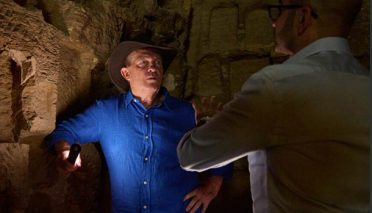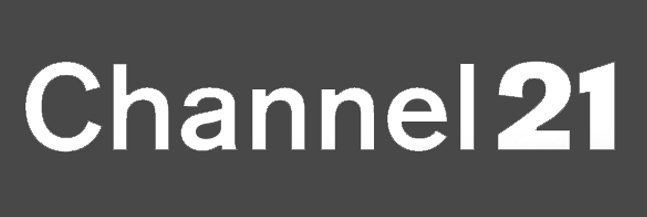Bulgarian public broadcaster BNT is about to launch an OTT platform that its director general Emil Koshlukov believes will be a “gamechanger.”
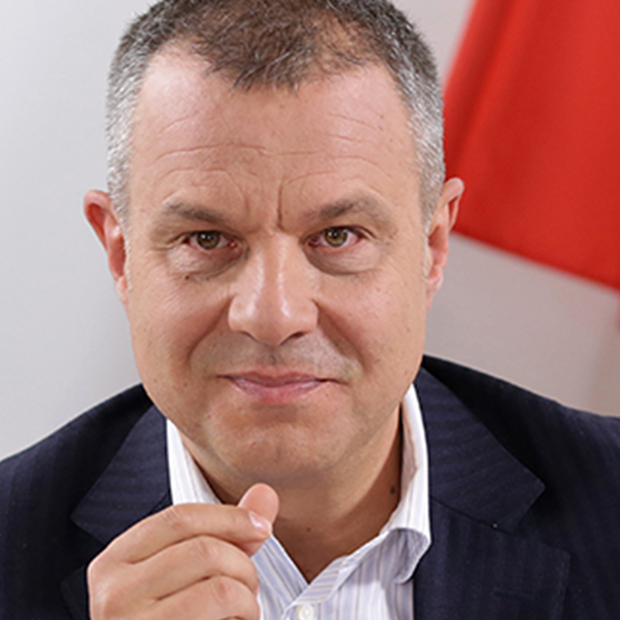
Emil Koshlukov
Bulgarian National Television (BNT) will become the latest public service broadcaster in Central and Eastern Europe to launch an OTT platform in January 2025. What is more, according to Emil Koshlukov, its director general and chairman of the BNT board of managers, it will be a “gamechanger” and “give us a competitive advantage over the other networks” serving the Bulgarian market.
Koshlukov has been active in Bulgaria’s TV industry for two decades, prior to which he was involved in politics, being, amongst others, a member of Parliament and chairman of the political party New Time. On the broadcasting front, he founded and managed No Frame Media, one of the most successful TV production companies in Bulgaria, and has been at BNT, initially as a presenter and subsequently in executive roles, since 2015.
Since being head of BNT, Koshlukov has overseen significant development of the broadcaster’s digital services. As a result, “now we’ve got apps, we’ve got sites, we’ve got streaming which are the leaders in the market. And very soon we’ll be launching an OTT platform like Netflix and HBO and those operated by other European (public service media) TV networks.”
He adds that the still-to-be-named platform has just completed its test launch and is being produced with developers from Bulgaria’s Sofia University. It will be “a platform for streaming” and offer viewers a “library, movies, education, everything.”
Koshlukov stresses that while some Bulgarian private networks have similar platforms – CME’s bTV, for instance, operates Voyo – “they are not doing well. I believe this is because they lack content. BNT has been here for the last 65 years, and we’ve got plenty of content. I expect it to be a huge success, particularly our old movies, series and documentaries.”
This, he says, will be because it will be “the first solo-developed, user friendly, easy to watch platform” in the country.
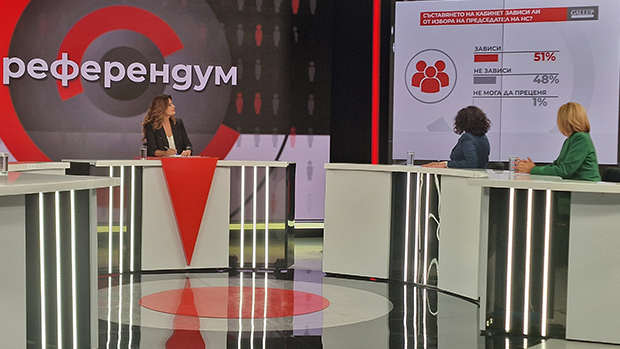
Weekly political talk show Referendum
However, Koshlukov also concedes there will be challenges in launching the platform. On the technical side, it has to be made available to what are expected to be tens of thousands of users simultaneously. However, “the most difficult part is uploading the content because most of our content is not yet digitised.” Although this will take time, the fact that linear TV viewing is falling makes it necessary to launch such a platform to reach viewers in other ways.
BNT currently operates four linear channels, with the flagship BNT1 offering mainstream programming, news and current affairs and entertainment; BNT2 mostly arts and education; BNT3 sports; and BNT4 international broadcasts. According to Koshlukov, it is the most trusted media in Bulgaria and “people follow our programmes, news and current affairs shows, which are clearly balanced, well informed and popular with the audience.”
He adds that the most popular programmes on BNT include the weekly current affairs show Panorama, which has been on air for over 30 years and has top opinion makers, party leaders and intellectuals as guests. Its main news programme Around the World also has high ratings, as does the weekly political talk show Referendum, with the latter “basically a large round table” in which the audience can vote on the positions adopted by the speakers.
Other popular shows include Brazdi, a long-running weekly documentary show about agriculture, agrobusiness and rural development.
Koshlukov points out that BNT also produces many series, dramas, action and family entertainment shows as it is required by law to do so. They are well received and in some instances are being shown by streamer Max.
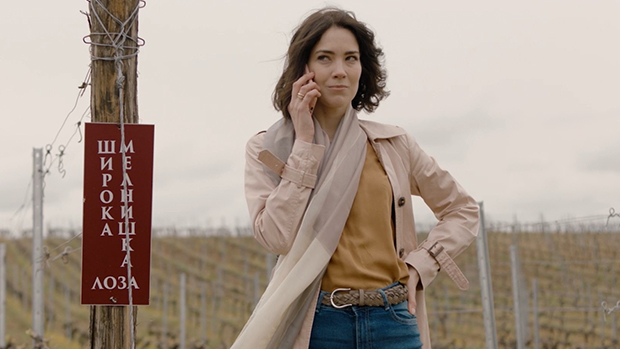
The first season of 12-part drama series The Grapes of Guilt aired in April
Earlier this year, for instance, saw the debut of no fewer than three BNT productions on Max. The first season of The Grapes of Guilt (12-part drama series) started airing in April and it was followed later in the month by Undercover (crime drama series, five seasons in total) and the six-episode miniseries The Portal in May. Significantly, this is the first time that Bulgarian series have appeared on the global streaming platform.
By law, BNT is also required to use the services of independent producers. According to Koshlukov it sources at least 6% of its content from them. “Every year we do a session in which they can apply (to make) series, documentaries, movies, sitcoms, and various other programmes for BNT”, says the exec.
In Koshlukov’s view, the biggest challenge currently facing BNT is funding. This is almost exclusively obtained from the government – legally, it is only allowed to carry 15 minutes of advertising every 24 hours, with five of those in primetime – and subject to something called price-per-hour-of-programming. “I believe you can’t find [this] in any other country,” says Koshlukov who describes it as “ridiculous […] An hour of a talk show is quite different to an hour of a series or reality show. But this is how it’s stipulated by the law (on electronic media), and we are trying to change it.”
In essence, the way price-per-hour-of-programming works is experts decide on a figure and then multiply it by the number of hours BNT broadcasts each year to arrive at a total budget. However, as Koshlukov points out, “this unit doesn’t tell you much. The price per hour – an hour of what?
“[It is] very subjective and could be biased. That is why we’re trying to get adequate funding as happens in other countries, but it’s mandatory for now so we’re working with it.”
Looking to the future, Koshlukov says he believes BNT could be like any public service media in Europe, including the BBC, France Télévisions and RAI. However, it must be properly managed and funded, which is currently not the case, and finds itself in third position in the market behind the commercial broadcasters Nova and bTV.
Yet despite this, it is improving its ratings and reaching out to a younger audience, which was not the case a few years ago. Furthermore, says Koshlukov, “we are trying to be present on all the social networks – TikTok, Instagram and Facebook. We are improving our social media and step by step it’s paying off. We’re getting better.”
Koshlukov also refers to the success of BNT’s news app, which was the most downloaded app in Bulgaria for three months. “People really like it, but there’s still a lot to be done.”










